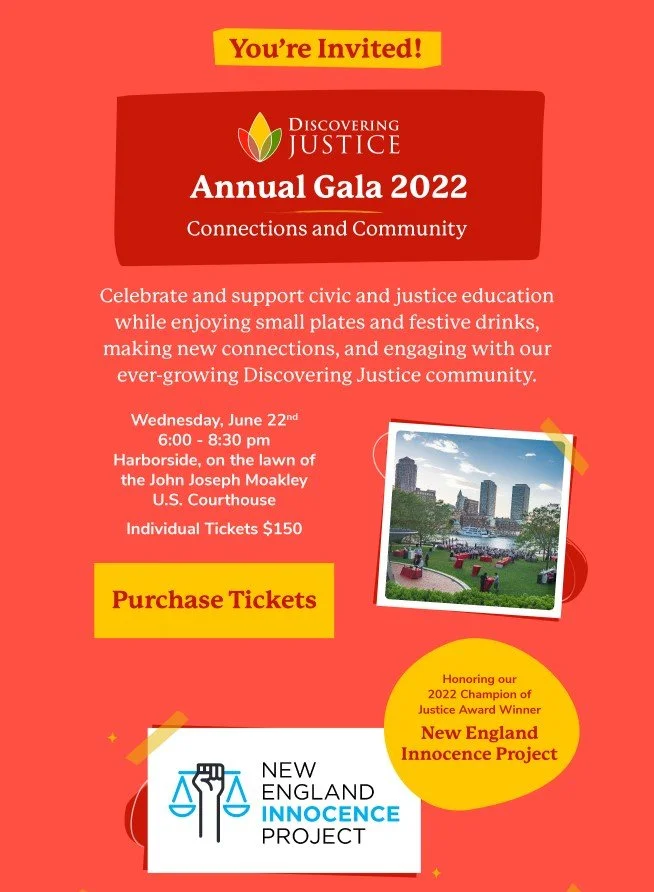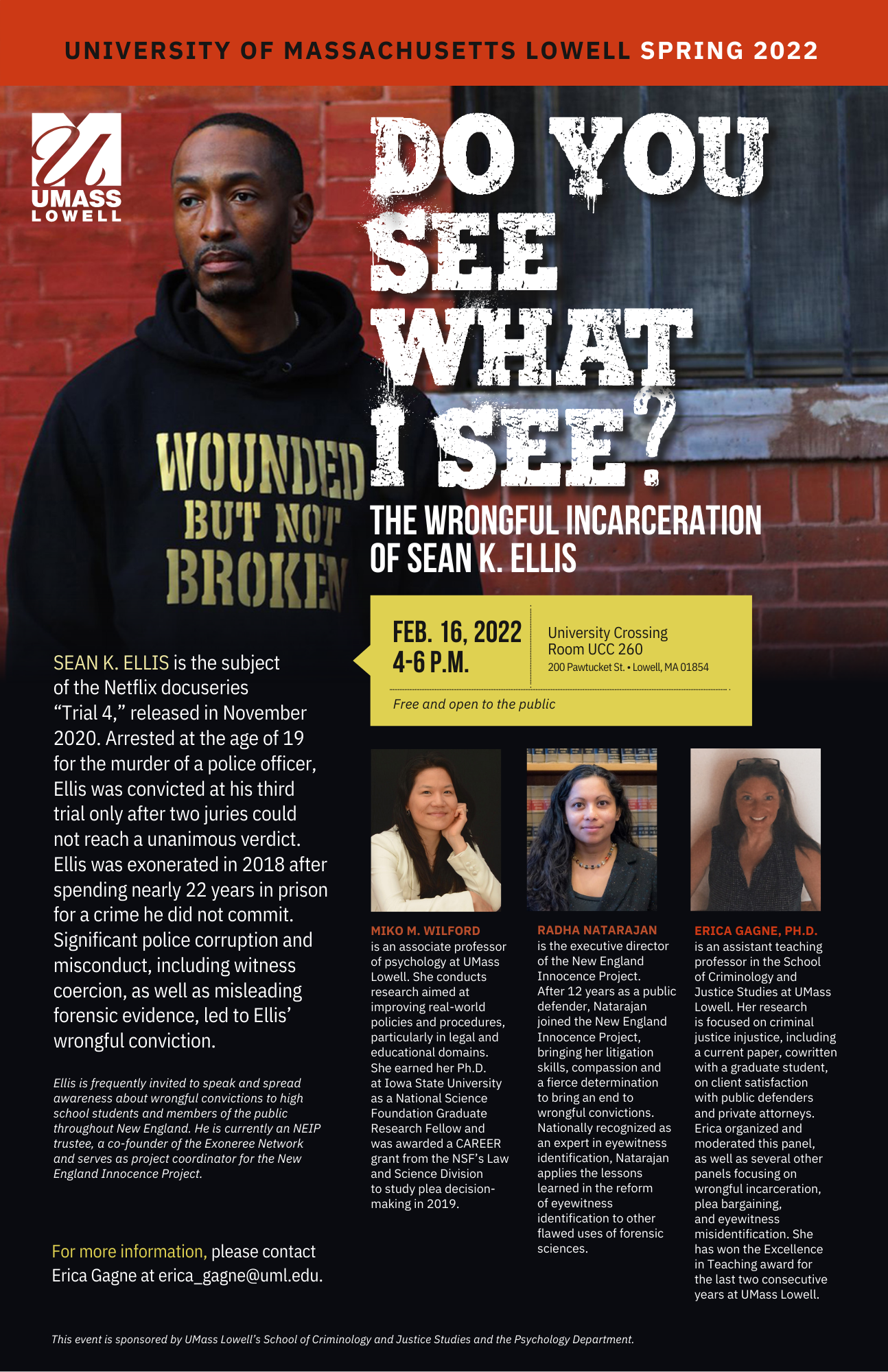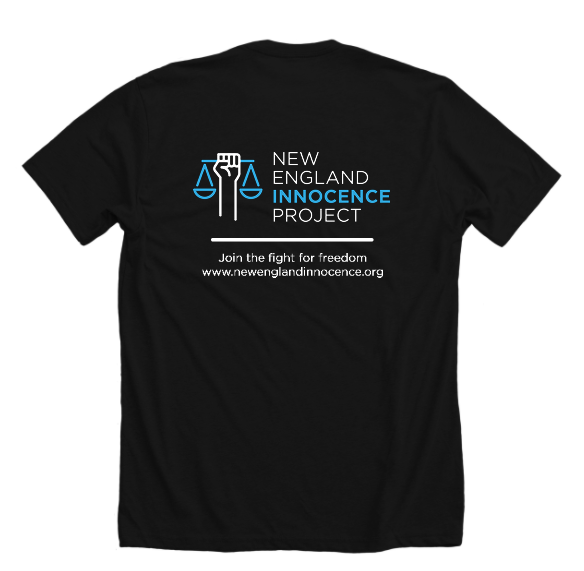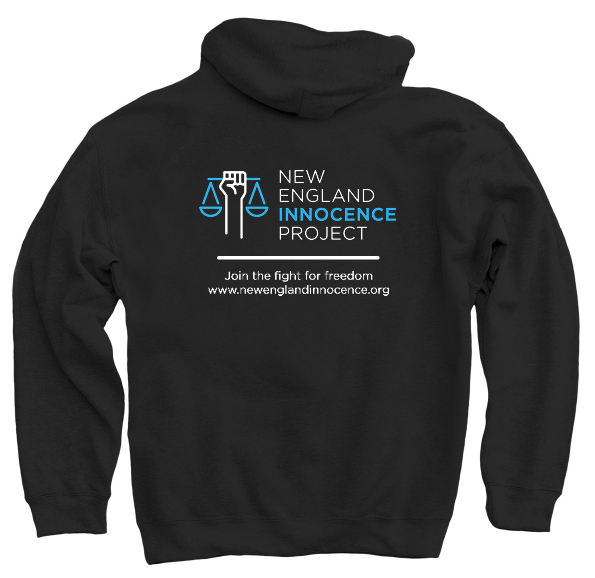Enjoy images of freedom, love, joy, celebration, and healing!





























Boston represented in Phoenix this April at the 2022 Innocence Network conference, the world's largest gathering of exonerees, freed people, their families and advocates, and others who work to create change. At the conference, the people freed after wrongful convictions together spent a collective 6,030 years in prison for crimes they did not commit.
“It’s always a beautiful thing when the exoneree community comes together. In some ways, it’s because you know that the person standing next to you understands you more than your own family,” said exoneree Sean Ellis, Project Coordinator for the Exoneree Network. “Even if you might not know the person, they understand what you’ve gone through, so there is that relatability. I imagine it’s something like being a soldier at war who returns home. You come back to a world where nobody understands you, but you know that the person you were in the trenches with, they get it, and that’s comforting.”
Exoneree James Watson (center) rides in an airplane for the first time.
“At the conference, you have this cohort of people who, almost to a person, had spent 30 or more years in prison. It seemed like each one of them was experiencing multiple firsts,” said NEIP board member, Lisa Kavanaugh, Director of the CPCS Innocence Program. “They were different for each person, but there was something very powerful about watching those moments and how they appreciated them for each other.”
For some, it was their first time on an airplane in decades, if not the first flight in their lifetime. For others, after years wrongfully convicted and imprisoned, taking a plunge in the resort swimming pool was likened to “being baptized.” Basking in the Arizona sunlight, this unique community came together in solidarity, sharing hugs, tears, celebrations, and healing.
“I’ve had the privilege of attending the Innocence Network Conferences with NEIP for the last 10 years,” said NEIP board member, Stephanie Hartung. “I never cease to be inspired by this unique and special community of exonerees and all the people who work for their freedom — family, supporters, attorneys, staff, investigators, and journalists. I’m so proud to be a part of the NEIP team, and the innocence community.”
“For me, it was also awesome to see all of the attorneys, and the people who helped work for our freedom, celebrate with us. It felt great to see how they are still so invested in our lives,” said exoneree Ray Champagne (pictured right at the Innocence Network Conference), Research and Planning Coordinator for the Exoneree Network. “There is a message there that you are important not just because of your wrongful conviction, but as a human being,” adds Ray.
The Boston Globe reporter, Andrew Ryan, even wrote a special front page feature story about the event, as well as the important work of the Exoneree Network and the leadership of exonerees Sean Ellis and Ray Champagne.
The Exoneree Network, a peer-led initiative funded by the New England Innocence Project, fosters a welcoming community for freed people while supporting the practical, emotional, and spiritual reentry needs of exonerees as they work to rebuild their lives in freedom.
While every release and reunion after years of wrongful incarceration is joyous, it is not always easy. There is no existing infrastructure to assist an innocent person who spent decades in prison for a crime they did not commit. Therefore, exonerees returning from long-term incarceration back into the community must rebuild from almost nothing.
“We have many short and long term goals for the Exoneree Network and one of our larger and more immediate goals is the acquisition of an ‘Exoneree House,’ which is important for so many reasons,” said Sean Ellis. “When an exoneree is released from prison, oftentimes you have no family to come home to and little-to-no resources and it is a struggle to find secure housing. With an Exoneree House, we can provide a safe and supportive place to stay while offering resources and wrap-around services, including job and tech training, as we start to transition and reclaim our lives back. With public support, I think we can make this dream a reality, and provide much-needed hope and good will to people who had so much taken from them.”
To learn more about the Exoneree Network and how you can provide support, please click below.



















































































































